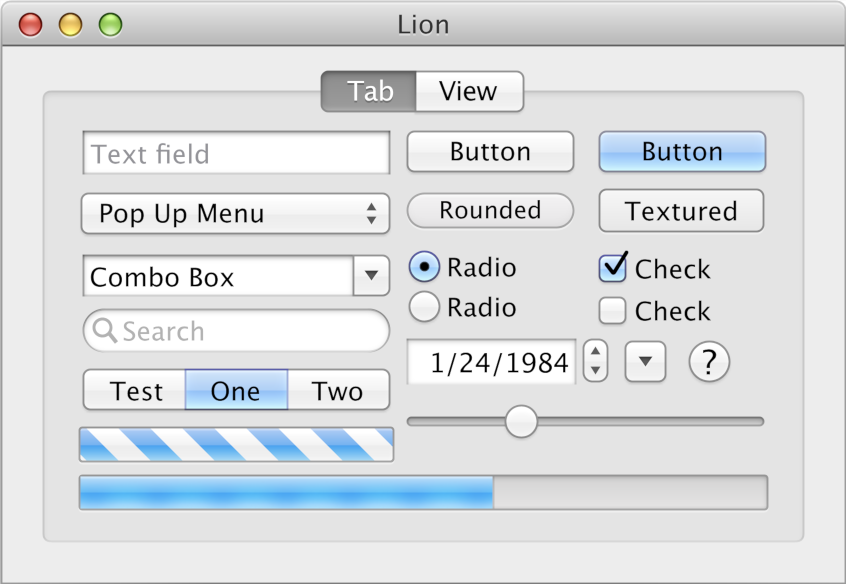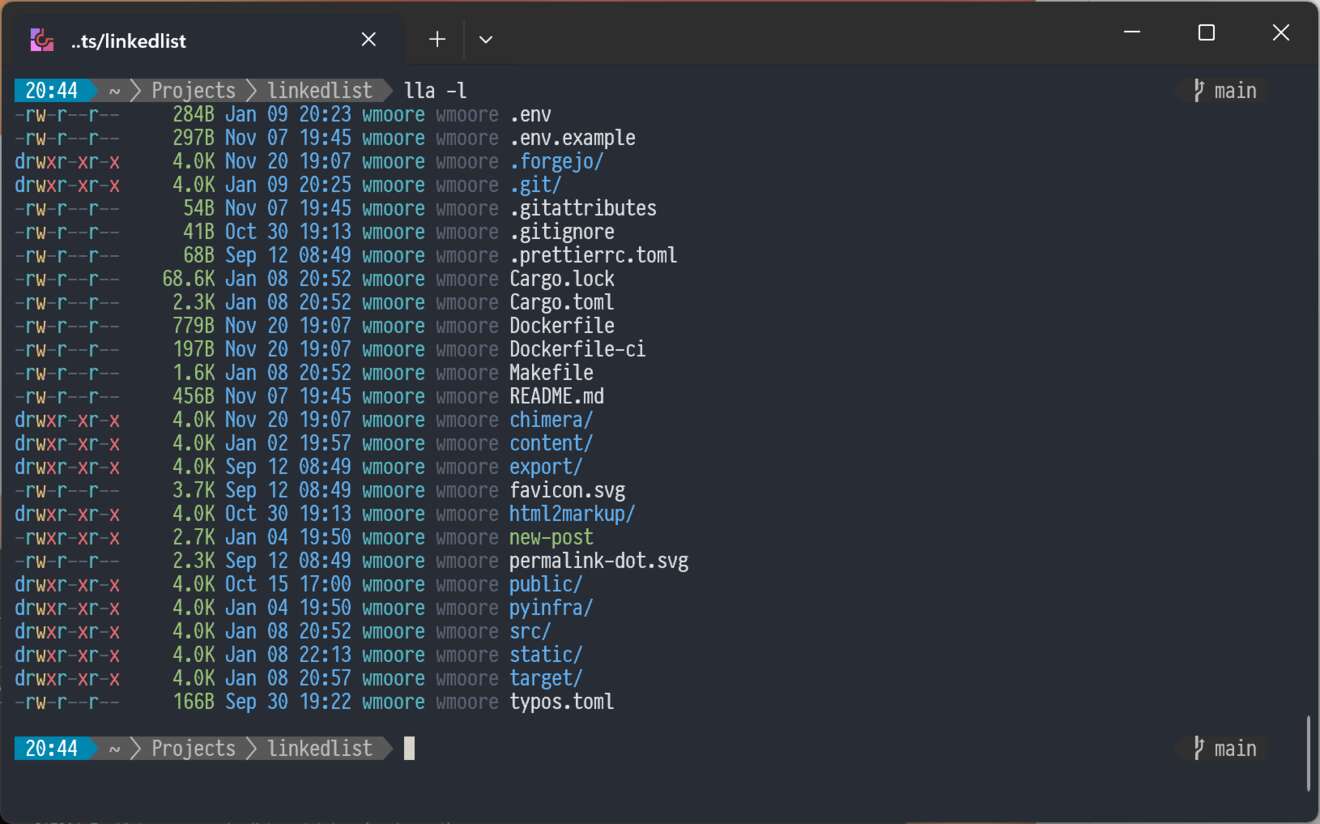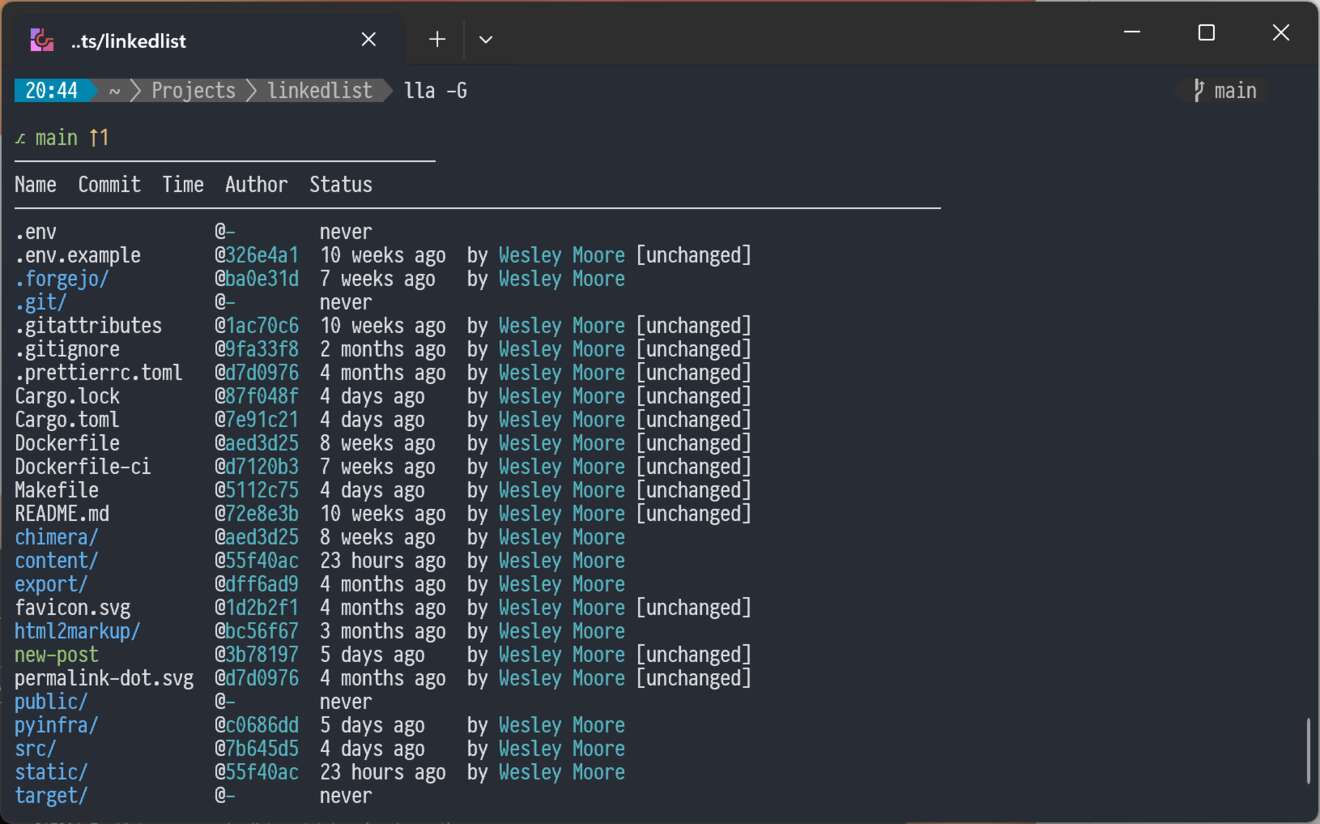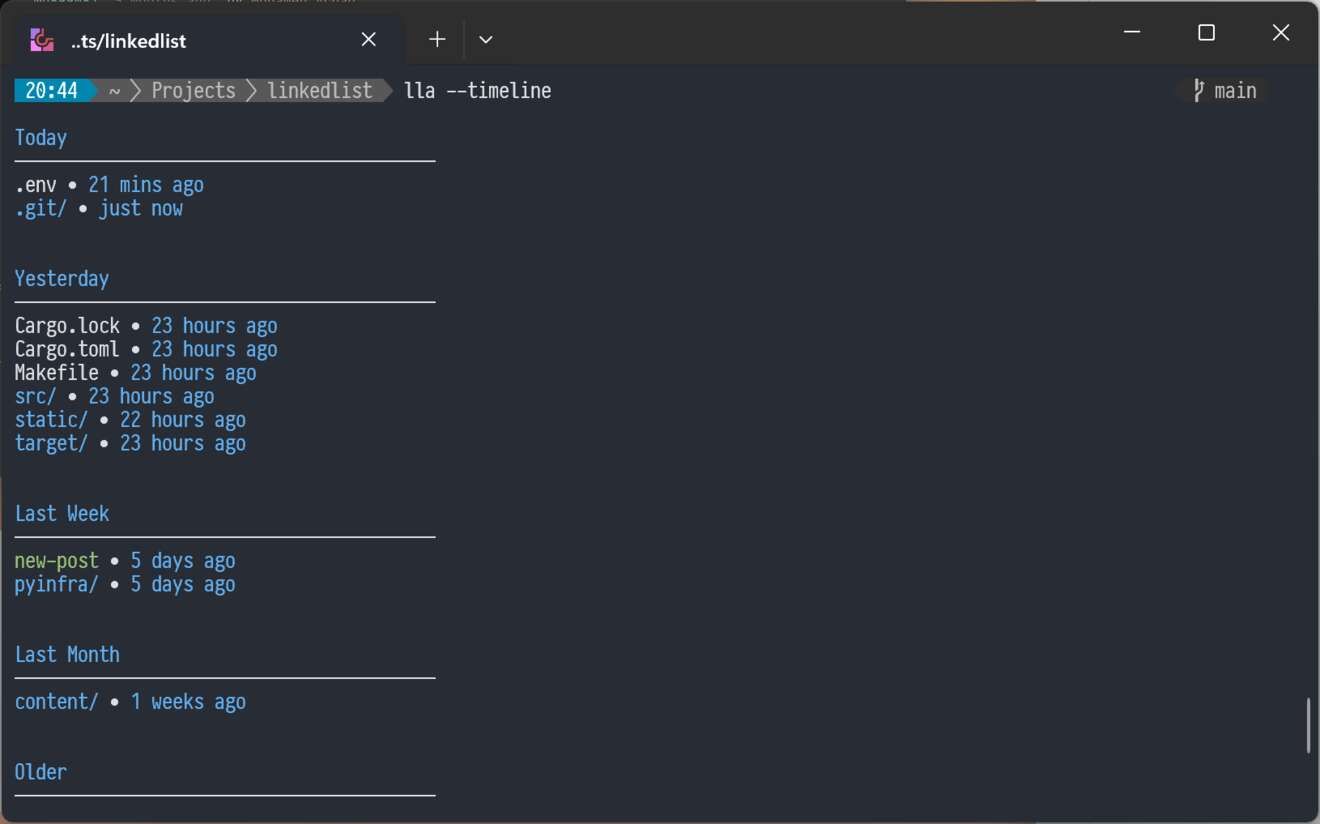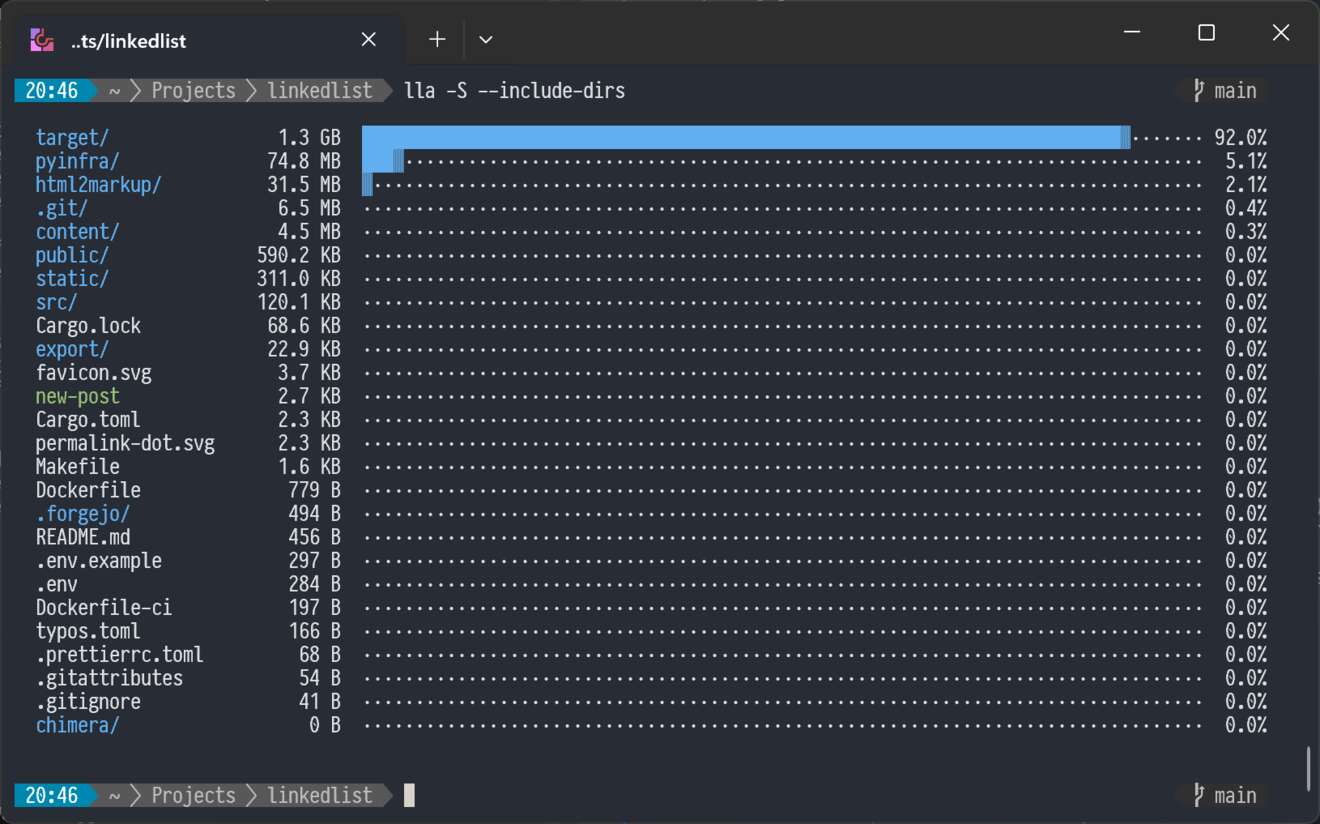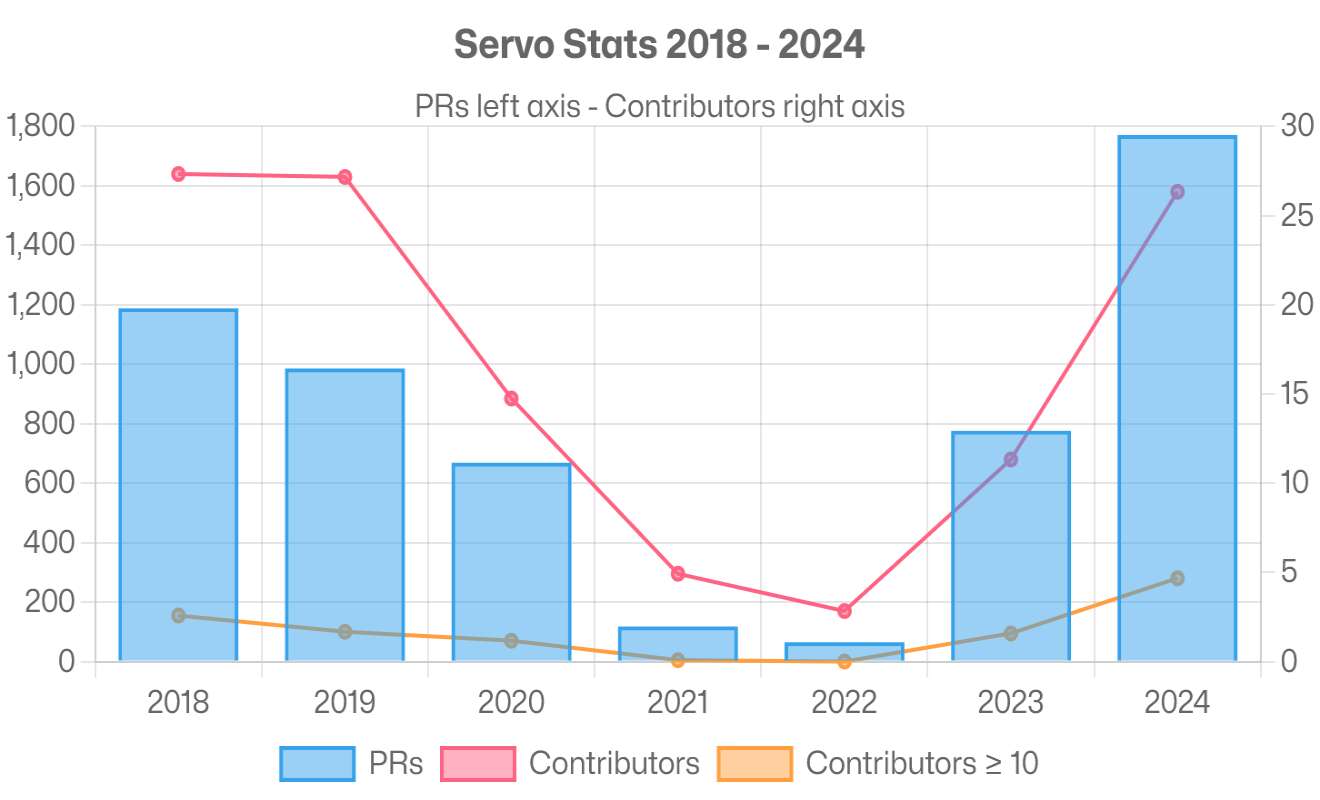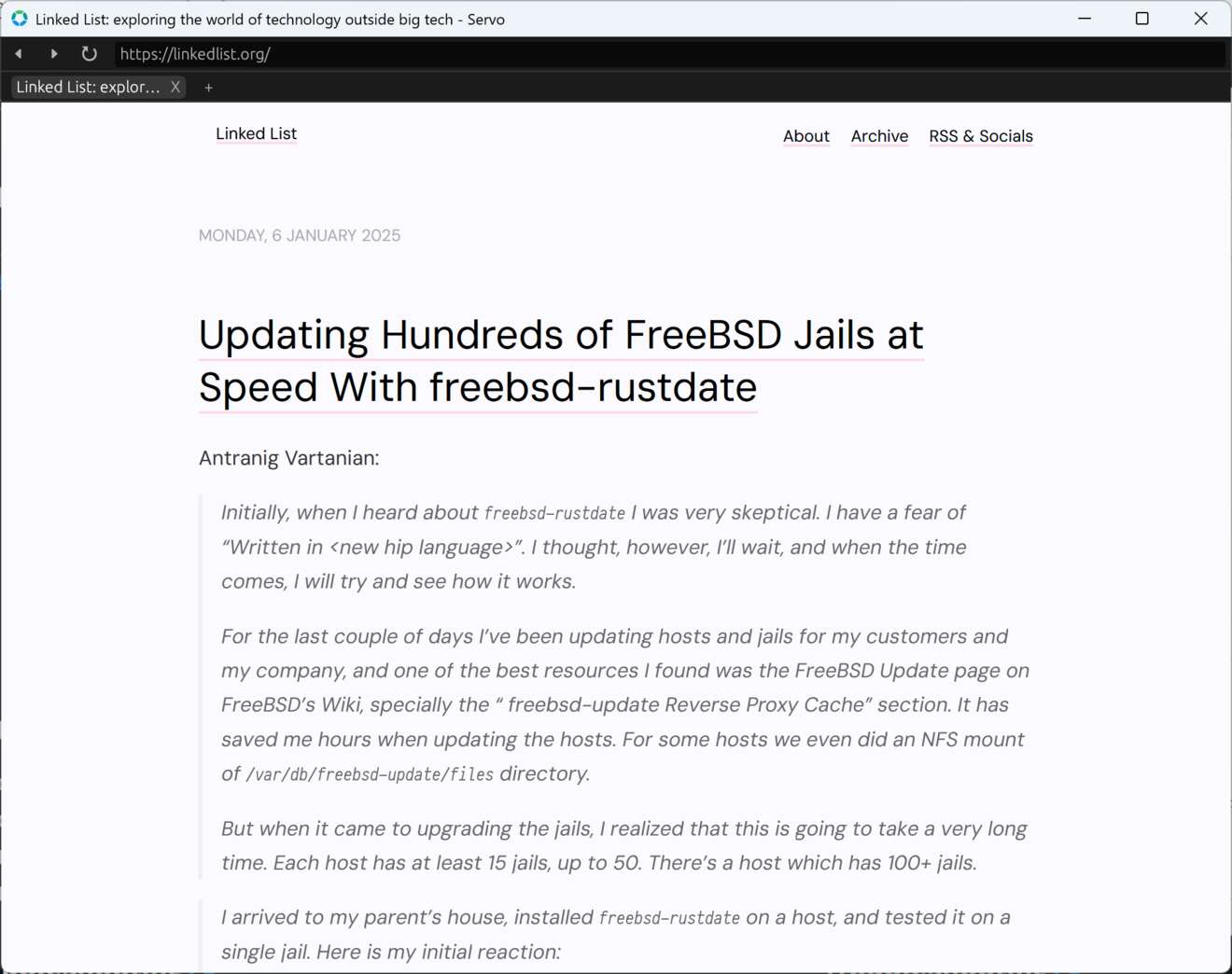Alex Korban:
I was recently on a project where I chose to use React and TypeScript as part of the tech stack because of the existing skillset of my team. I myself managed to avoid both React and TypeScript until this year. So when I finally used them on a real project, I was looking at them as an experienced Elm & Elixir developer, coming from small niche ecosystems into the din of the real world. I think that’s an interesting perspective to share.
Reports like this based on real world experience are indeed often interesting. They can expose both positive and negative aspects of an ecosystem that go unnoticed if you’re already deeply invested, which can help drive improvements on both sides of the fence.
Perhaps unsurprising due to having already self-selected a preference for Elm, Alex found the TypeScript and React experience a bit underwhelming—although not only for technical reasons.
